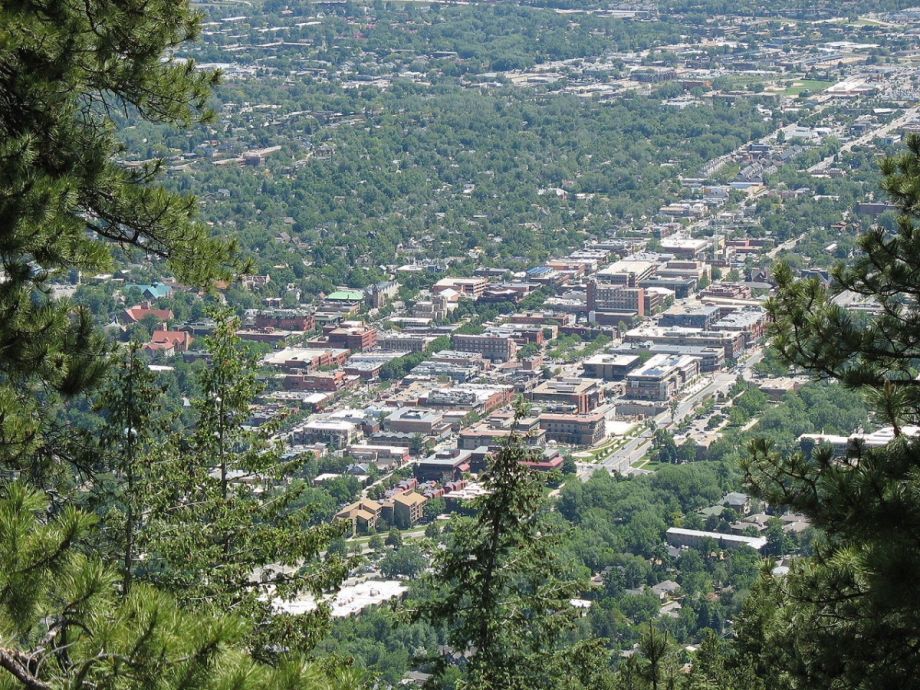
Boulder, Colorado, is one of 16 cities to join What Works Cities Monday. (Photo by Teofilo via Flickr)
A year and a half after its launch, Bloomberg Philanthropies’ What Works Cities initiative is more than halfway to its goal of supporting 100 mid-sized cities’ data ambitions, according to a Bloomberg press release. With 16 new cities announced Monday, 55 cities across the U.S. are now participating in the network of municipalities aiming to utilize data to improve city services and inform local decision-making.
“Mayors in every part of the country and across the political spectrum recognize that data can help city governments continuously improve how they serve citizens, and they are eager to learn from one another,” said Michael R. Bloomberg in the release. What Works Cities is both a network of local leaders and global experts on data-based governance, and a collection of resources for cities around the world. The 55 cities now involved in the initiative represent 19 million residents across 33 U.S. states.
In Mesa, Arizona, for example, a new database that combines code violations, crime rates, graffiti and vacant properties has helped the city identify its most blighted neighborhoods and direct $780,000 of targeted investment there. New Orleans launched a text message campaign that nudged over 350 low-income, uninsured residents who hadn’t seen a doctor in more than two years to schedule an appointment.
The 16 new What Works Cities are: Albuquerque, Birmingham, Boulder, Des Moines, Nashville, Syracuse, Salt Lake City, Forth Worth, Hartford, Knoxville, Lincoln, Nebraska; Madison, Wisconsin; Olathe, Kansas; Portland, Oregon; South Bend, Indiana; and Virginia Beach, Virginia.